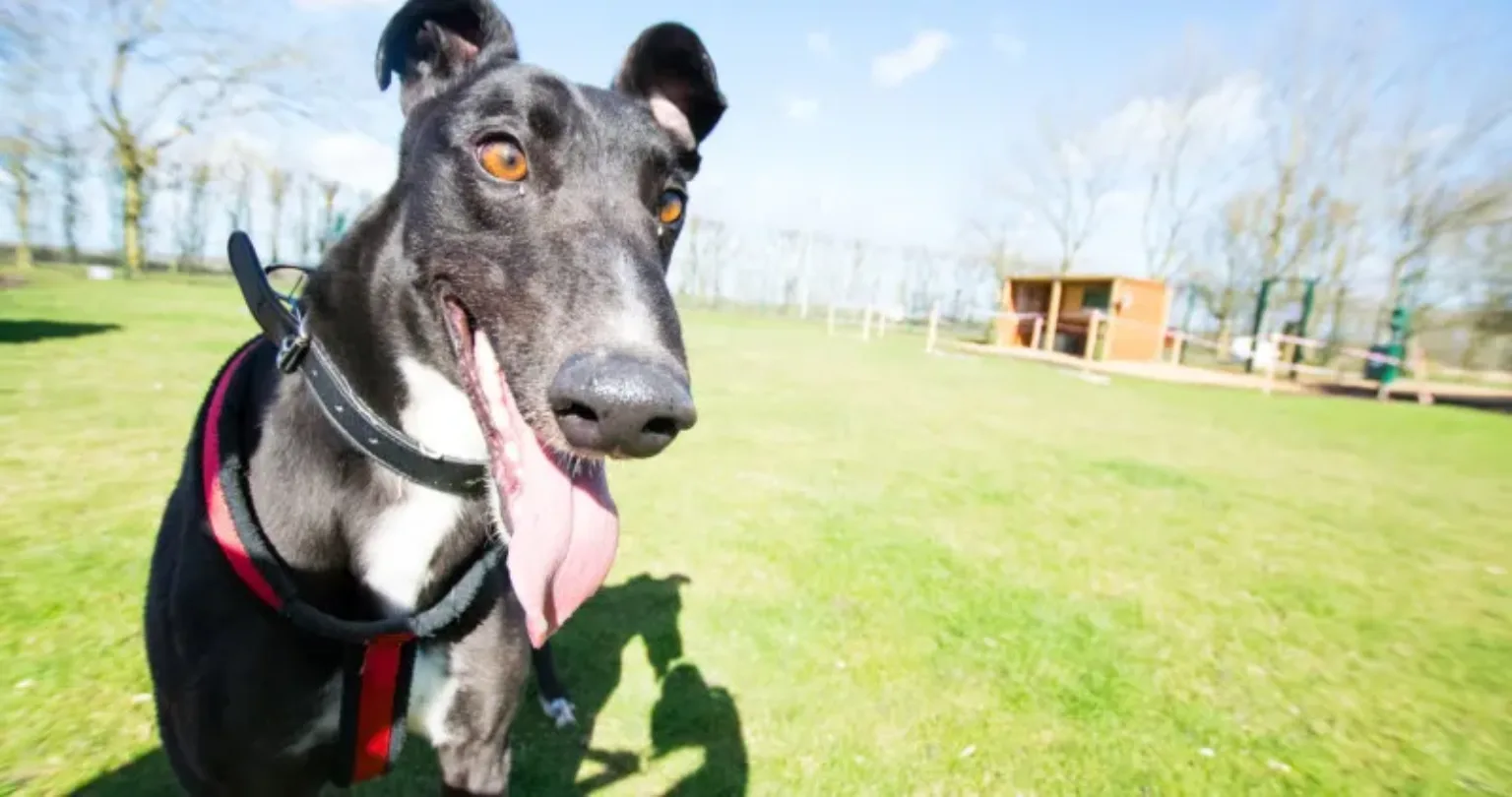When it comes to pets, we've all got questions
Ever feel like your pet is from another planet?

There are common foods and plants that can be poisonous to dogs. Our guide will help you spot which ones are toxic to dogs.
Finally, medications such as paracetamol or ibuprofen are common in pain relievers and cold medicine, these can be deadly for your dog. Call your vet if your dog has consumed any of your medicines. Never give your dog any over-the-counter medicine unless your vet tells you to.
When you have a new or young dog it’s best to lift houseplants out of reach, especially when every new item seems to end up in your puppy’s mouth. Stay with them in the garden: if they show interest in any of the following plants, give them something else to do; like playing with a toy.
Cocoa bean garden mulch is used in landscaping, often in public parks, so it’s worth keeping an eye out for this on your walks. Cocoa beans from the tropical cocoa tree contain theobromine, a product related to caffeine that humans assimilate very well, but dogs and cats can’t.
The risk is greatest to young dogs, because puppies and young dogs explore everything with their mouths: during this phase they chew on almost anything. Most cases of poisoning from cocoa mulch are relatively minor, but some dogs eat enough to become very sick, and it can even be fatal.
It’s best to call or visit a vet straight away. Then, get in touch if you need further support in the event of an emergency.
For more valuable dog safety information, please read our articles on Ask Woodgreen and contact us if you have any questions.